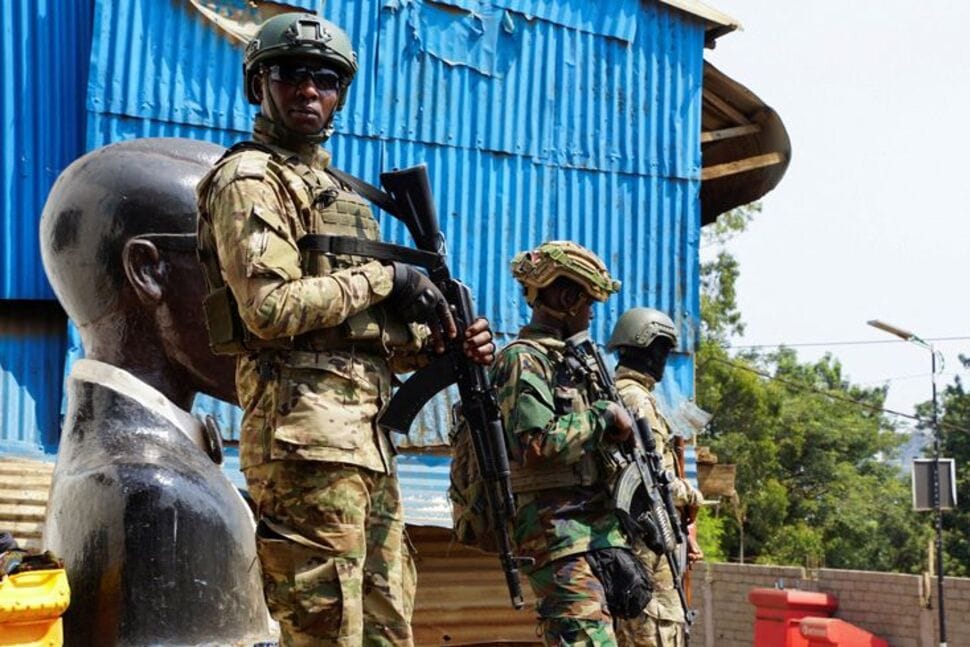The Democratic Republic of Congo (DRC) and the M23 rebel movement have agreed to establish a new international mechanism to monitor a fragile ceasefire, in a step seen as crucial toward ending years of conflict in the country’s volatile eastern region.
According to officials, the agreement was signed in Doha following mediation by Qatar. The newly formed body will include representatives from the Congolese government, the M23 group, and members of the 12-nation International Conference on the Great Lakes Region (ICGLR).
Qatar, the United States, and the African Union will serve as observers to the mechanism, which is tasked with investigating and verifying reported violations of the truce and preventing the resumption of hostilities.
“The Democratic Republic of Congo reaffirms its desire to achieve a cessation of hostilities, guarantee the security of its population, and create the conditions for a comprehensive and lasting peace,” Kinshasa said in an official statement posted on social media.
Doha Deal and Regional Mediation
The ceasefire monitoring framework builds on the truce signed between the DRC and M23 in July, which has largely failed to stop ongoing clashes. M23 spokesperson Lawrence Kanyuka described the new accord as “a significant advancement” and expressed hope that it could “restore confidence between the parties.”
Qatar’s Foreign Ministry called the deal a “pivotal step” toward a permanent peace agreement and emphasized the importance of cooperation among all signatories to ensure compliance.
The Ongoing Conflict in Eastern Congo
The M23 movement — backed by neighboring Rwanda, according to Kinshasa and UN reports — controls vast territories across North Kivu and parts of South Kivu provinces, regions rich in gold, coltan, and other minerals.
The group is among more than 100 armed factions operating in eastern Congo, where violence has displaced over seven million people, according to United Nations estimates. Earlier this year, M23 fighters seized Goma and Bukavu, the provincial capitals of North and South Kivu, respectively.
Although Congo and Rwanda signed a separate peace deal in June, the M23 group was not a party to that agreement. Both Kinshasa and the rebels have accused each other of violating the July ceasefire and missing an August 18 deadline to finalize a comprehensive peace plan.
A Step Toward Lasting Peace
The formation of the new monitoring mechanism is viewed as a renewed effort to revive stalled peace initiatives in the Great Lakes region. Analysts say the inclusion of regional bodies and international observers could increase transparency and accountability — two elements long missing in previous ceasefire arrangements.
For now, fighting continues sporadically in several parts of eastern DRC. Still, officials in Kinshasa hope that the latest Doha agreement will help lay the foundation for broader political dialogue and eventual national reconciliation.



